Overcoming Adversity: Navigating the Obstacles of Returning to Competition After an Injury
In the realm of sports, injuries are an inevitable part of the journey. Whether it’s a sprained ankle, torn ligament, or stress fracture, navigating the road to recovery and returning to competition is often fraught with obstacles. Beyond the physical rehabilitation, athletes must overcome mental and emotional challenges to regain confidence, rebuild strength, and rediscover their competitive edge.
The journey begins with the injury itself, which can range from a minor setback to a career-threatening condition. Initially, athletes may experience shock, denial, or frustration as they come to terms with their new reality. The fear of losing fitness, missing out on opportunities, or facing setbacks can be overwhelming. However, accepting the injury and embracing the recovery process is the first step towards healing.
Physical rehabilitation is perhaps the most obvious obstacle athletes face when returning to competition. Depending on the severity of the injury, rehabilitation may involve surgery, immobilization, physical therapy, or a combination of treatments. The process can be long, arduous, and filled with setbacks, requiring patience, perseverance, and unwavering dedication.
Moreover, athletes must contend with the mental and emotional toll of the injury. The fear of reinjury, self-doubt, and anxiety about returning to full activity can weigh heavily on the mind. Many athletes struggle with feelings of inadequacy or frustration as they compare themselves to their pre-injury performance. Overcoming these psychological barriers is essential for a successful return to competition.
Another obstacle athletes face is the pressure to rush the recovery process and return to competition prematurely. Whether it’s external pressure from coaches, teammates, or sponsors, or internal pressure to prove oneself, pushing too hard, too soon can result in re-injury or prolonged recovery. Learning to listen to their bodies, communicate effectively with their support team, and prioritize long-term health over short-term gains is crucial for navigating this obstacle.
Furthermore, returning to competition requires rebuilding confidence and trust in one’s body. Athletes may struggle with doubts about their physical abilities, fear of reinjury, or hesitancy to push themselves to their limits. Developing a gradual and progressive return-to-sport plan, setting realistic goals, and celebrating small victories along the way can help athletes regain confidence and momentum.
Finally, the transition from rehabilitation to competition requires adjustments not only physically but also mentally and emotionally. Athletes must adapt to the demands of training, competition, and performance pressure while managing expectations and embracing the journey, setbacks, and all.
In conclusion, overcoming an injury and returning to competition is a challenging and multifaceted process. Athletes must navigate physical, mental, and emotional obstacles with resilience, patience, and determination. By embracing the journey, seeking support, and staying focused on their long-term goals, athletes can emerge stronger, more resilient, and ready to reclaim their rightful place on the field, court, or track.
Looking For More Information About Similar Topics?
Learn more about our clinic based in Kelowna, BC here.
Book a service to help with your recovery.
Read our blog on what to expect when recovering from an Injury.

